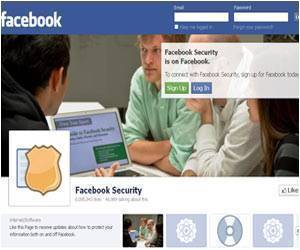A new study has found that health policy researchers are increasingly uncomfortable in using social media for communicating their findings.

The study, a survey of 215 health and health-policy researchers (primarily MDs and PhDs), comes as academic journals, public health agencies, and health care organizations increasingly use social media to communicate health-related information. It also comes at a time when the nation is embarking on major changes to the health care system – a time when health policy research evidence is increasingly important.
"Our study uncovered four central findings," explained lead author, David Grande, MD, MPA, assistant professor of Medicine at Penn Medicine. "First, most health policy researchers are not using social media to communicate their research results, which could be a significant missed opportunity to expose a larger audience to important health news and findings."
Results of the study also reveal that researchers worry about how their peers and home institutions perceive social media, and that many describe it as replete with opinion and 'junk' and are concerned about presenting their scientific results in such settings. However, Grande notes that participants became more confident about social media when given examples of how the channels could be used effectively. For example, many thought that they could not communicate anything beyond the 140-character limit on Twitter, despite the common practice of including links to more substantive content. Understanding how to use these tools, the authors say, could alleviate concerns about the information being superficially presented.
Finally, the study shows that junior faculty members are more positively predisposed than their senior colleagues about social media. This, Grande says, could be a result of greater familiarity with it from other aspects of their lives, or it might be because senior faculty members have greater access to policy makers owing to their stature and reputation. Regardless, the authors suggest there are considerable benefits to using the tools for research dissemination.
"Historically, there has been a significant communication gap between researchers, on the one hand, and policy makers and the public at large, on the other," said senior author Zachary Meisel, MD, assistant professor of Emergency Medicine at Penn. "Social media channels are promising tools for closing this gap, provided they are used appropriately and effectively. As a first step, medical schools and health care institutions should help to educate researchers on how to properly use these channels to circulate their research findings and discuss implications."
Advertisement










